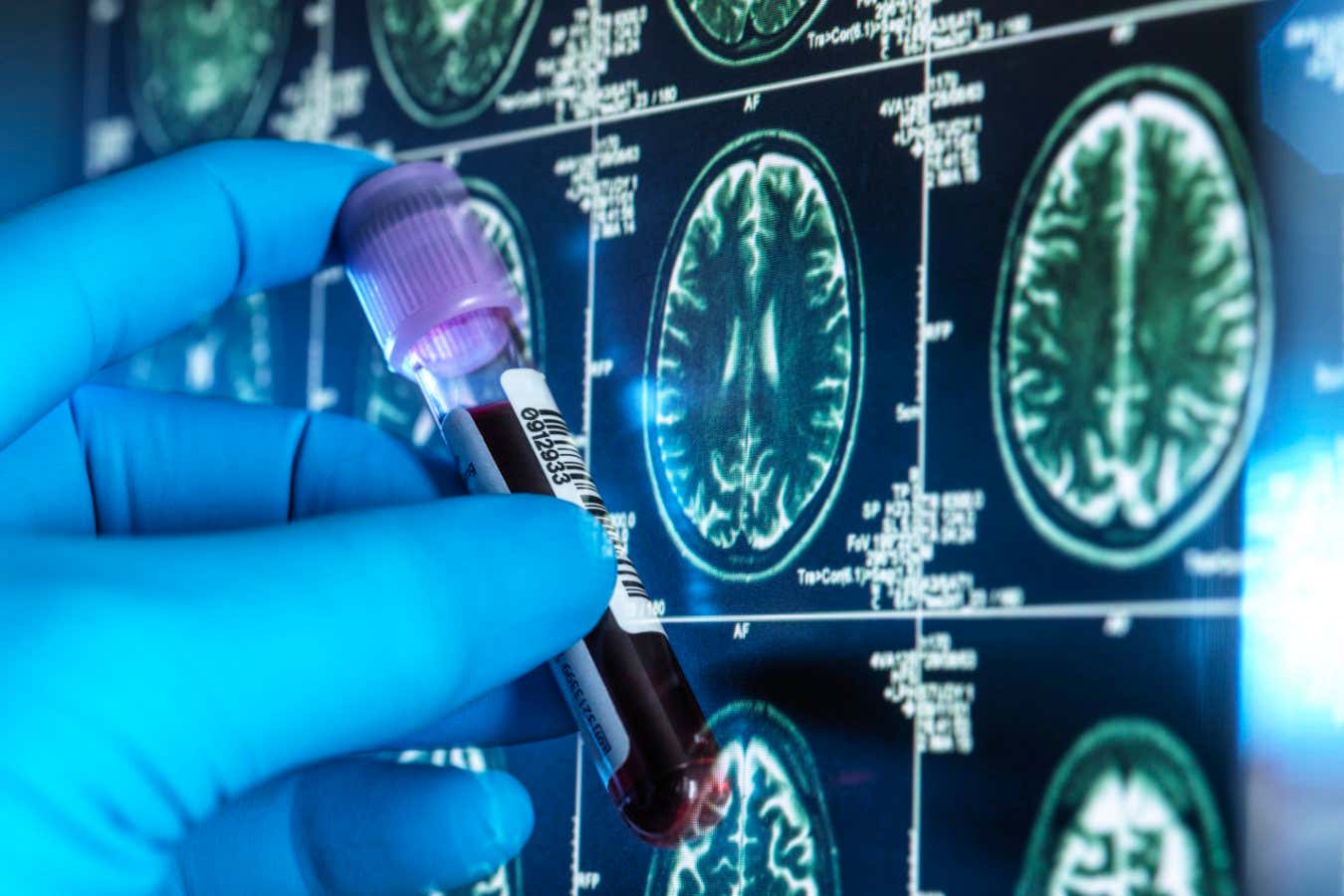Blood tests that look for signs of Alzheimer’s disease are already used in research. A project is now testing their accuracy in real-world settings, which could result in them being used by doctors within five years
By Clare Wilson
9 November 2023
Blood tests could speed up the diagnosis of Alzheimer’s disease
TEK IMAGE/SCIENCE PHOTO LIBRARY/Getty Images
Diagnosing Alzheimer’s disease can be a difficult and lengthy process, but it could be aided by one or more blood tests in the next few years.
Several such tests for Alzheimer’s disease are used in research settings, but aren’t yet routinely used by doctors in most countries. Now, a project to see which one works best in the real world has been launched by a coalition of UK medical research funders.
Those involved predict they will have at least one test ready to be routinely used when people consult a doctor for memory problems by the project’s end, in five years.
Advertisement
“We expect, in the next five years, the pathway to somebody getting a diagnosis to be completely different,” Susan Kohlhaas at charity Alzheimer’s Research UK said at the project’s launch on 8 November.
The team can be so confident of the project’s success because the tests have been shown to have good accuracy when used in research, Joanne Rodda at the Kent and Medway Medical School in Canterbury, UK, said at the launch event. We know these tests have an accuracy that is comparable to spinal fluid tests, which are currently used as part of the Alzheimer’s diagnosis process, she says.
The tests used in research are usually based on various forms of two proteins involved in Alzheimer’s. One, called beta-amyloid, builds up outside brain cells. The other, tau, accumulates within the cells.
